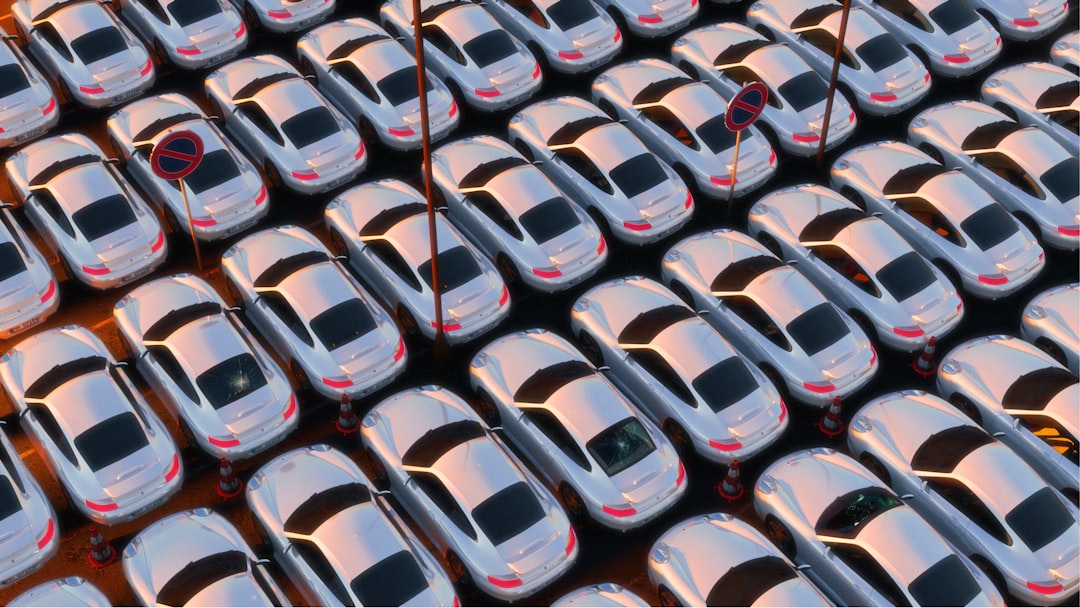The Illusion of Growth: How China’s Auto Industry Drives Fake Success Through “Used” Car Exports
Behind record-breaking headlines, China’s automotive sector is quietly exploiting a loophole: exporting brand-new vehicles as “used” to inflate sales figures and sustain its reputation as a global powerhouse. At first glance, this maneuver looks like savvy market adaptation, but the reality unfolds a more troubling picture about transparency, market stability, and fair competition.
The Mechanics: How Are “New” Cars Sold as “Used”?
Chinese auto manufacturers, faced with plateauing domestic demand and fierce international competition, have developed a workaround. Rather than reporting sluggish home sales, automakers register new vehicles briefly—sometimes for mere hours or days—before “exporting” them abroad as secondhand cars. The technique disguises the export of unsold inventory, artificially boosting both domestic and international sales figures.
“It isn’t just a numbers game; it sends misleading signals to investors, regulators, and trading partners worldwide.”
| Stakeholder | Benefit | Controversy/Risk |
|---|---|---|
| Chinese Automakers | Inflated sales numbers; inventory relief | Reputation risk, regulatory scrutiny |
| Global Importers | Access to newer, cheaper vehicles | Quality doubts, unclear histories |
| Investors | Perception of market strength | Misleading profitability data |
| Regulators | Apparent export success | Integrity and enforcement challenge |
Why Does This Matter?
1. Market Distortion and Investor Deception
By blurring the lines between “new” and “used,” automakers mask the true health of their business. Global investors, lured by seemingly robust figures, may make decisions on distorted projections, raising eventual risks of market corrections or scandals.
2. Global Trade Ripples
Other car-producing nations, especially in Europe and Japan, face unfair competition. “Used” Chinese cars that are practically new can undercut local brands on price, threatening livelihoods and market balance.
3. Regulatory Blind Spots
This practice exposes the limitations of both Chinese and international regulatory systems. Customs and trade authorities struggle to trace these near-new vehicles, while environmental and safety standards may be sidestepped.
4. Long-term Reputational Risk
If the practice becomes widely known, “Made in China” could suffer a credibility hit in key export markets, undermining years of brand-building and potentially inviting backlash or stricter import barriers.
Is There an Upside?
While controversial, this maneuver demonstrates China’s adaptability and focus on global expansion. For price-sensitive markets, especially in developing nations, it provides a supply of affordable, modern vehicles. However, this short-term gain may come at the cost of lasting brand trust.
A Broader Trend
This loophole is emblematic of larger issues in international trade—where rules can be stretched for advantage, but often prompt calls for reform. As auto markets become ever more interconnected, transparency will be critical to ensure trust, stability, and fair play.
This article was inspired by the headline: 'Exclusive-China auto industry inflates sales by exporting new cars as 'used''.

Comments
No comments yet. Be the first to comment!